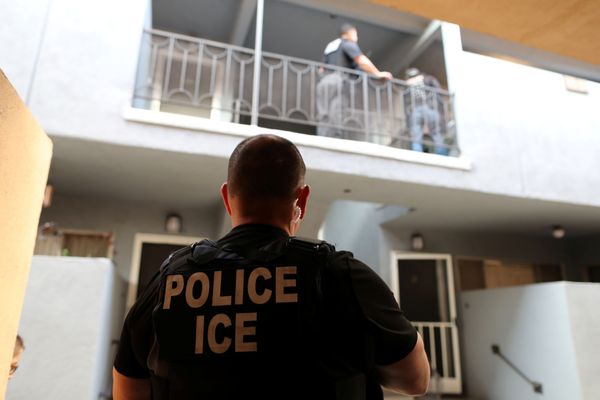
The latest strike by resident doctors began on Friday 14 November. That morning, the headline of the lead story on the front page of the Times proclaimed: “Five days of NHS strikes opposed by most doctors”.
The story began: “Most junior doctors do not support Friday’s strike, a poll has revealed as Wes Streeting attacked the British Medical Association for going ‘against the wishes’ of its members.” The trouble is that the poll showed no such thing.
It was conducted by Savanta, a reputable survey research company. Question nine, which asked doctors whether they supported or opposed the strike, found that as many as 69% backed it, while only 12% were opposed.
However, those figures appeared nowhere in the Times story. It reported a different question, question 10, which asked whether the British Medical Association should call off the strike if the NHS trained thousands more doctors, prioritised graduates with NHS experience and covered the costs of various training fees.
Had both questions been reported, Times readers would have been given a significant insight into the current anger of the striking doctors, set against the prospect of a future settlement based on proposals advanced by the health secretary. Indeed, it was arguably a bigger and better story.
So why did the Times not tell it? Because the poll was commissioned by the Department of Health – another unpublished fact – and the department wanted a propaganda win as the strike started. So it gave the Times the results for Q10 and withheld the results for Q9.
Fortunately, the truth came out, six days too late. Like all the well-known survey research companies, Savanta is a member of the British Polling Council. I helped to set up the council 20 years ago when I chaired YouGov. Its rules are based on the principle of transparency. It requires members to correct publicly any client that distorts the findings by publishing only the results it likes.
The results for Q9 were eventually published the following Thursday evening. But this should be only an initial skirmish in the far greater battle to insist on government departments telling the truth, the whole truth and nothing but the truth.
For a start, the Department of Health should come clean on who took the decision to brief the Times the way they did. Did junior or middle-ranking officials act independently, or did ministers or senior officials take the final decision? Was everyone involved aware that two questions were asked about doctors’ views of the strike, not just one? If not, why was this information held back from the final decision-makers? Did anyone challenge the decision to suppress Q9? If so, why were they overruled? Were any codes of conduct broken? If so, did anyone point this out?
These questions are well worth answering because, unusually, we have clear evidence of something specific going badly wrong inside a government department. One need not be a rabid cynic to suspect that other government stories in recent years have also fallen short of the standards of candour and rigour that citizens of a democracy should have the right to expect.
There is a wider point. Most statistics published by the government come from independent agencies, such as the Office for National Statistics. They are rightly respected for presenting their data in a standard, comprehensive form. Cherrypicking figures that put the government in a good light would be alien to the way they work and, indeed, to their very purpose.
It’s different when Whitehall commissions research from private polling companies – Savanta, YouGov and many others. These days, there’s a lot of it. Some is published in full. Some is kept confidential and used internally by departments to shape policies and track how well or badly government actions are going down with the wider public. And there are those such as Savanta’s poll of doctors: some results are published and others held back.
It’s time to sort out the mess. When I chaired YouGov, there was nothing I saw in our government work that really needed to be kept completely confidential. Occasionally, a case could be made for deferring publication while ministers were confidentially exploring options ahead of a public announcement (such as the budget). Maybe some research, involving defence or national security issues, should be held back much longer, even years or decades.
However, the general rule, subject to clearly defined exceptions, should be that what the government knows about what we think, we should know too. After all, in a free society, we have the right to speak out as individuals. It seems odd to regard the record of our collective views as state secrets.
I wish I weren’t writing this. I had hoped the Times story was right. In my view, the doctors are wrong to strike. But in an era when populism feeds on distrust of mainstream politicians, we should object when the truth is twisted, even in favour of a cause we agree with.
-
Peter Kellner is a former president of YouGov
Do you have an opinion on the issues raised in this article? If you would like to submit a response of up to 300 words by email to be considered for publication in our letters section, please click here.







